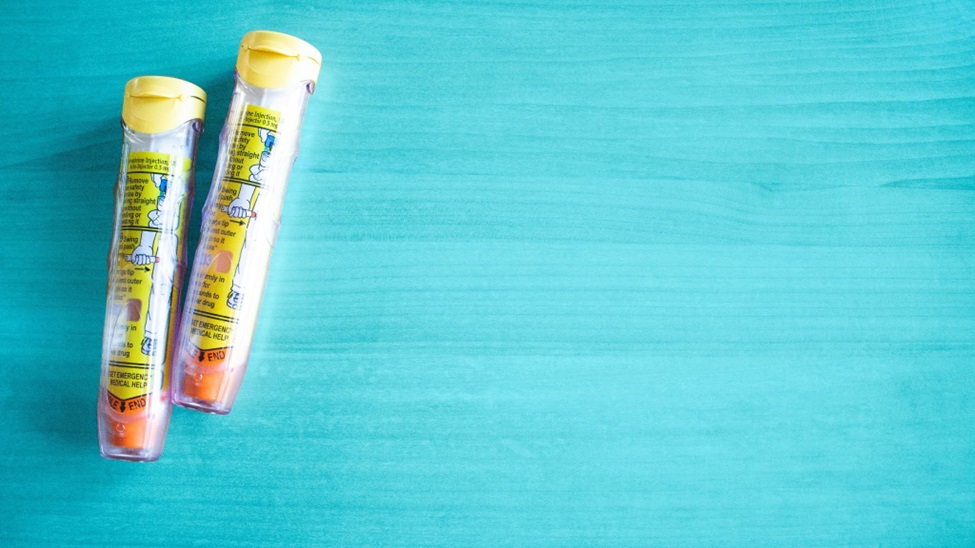
Tinnitus is a condition that affects millions of people around the world. It can be hard to control this condition because it can cause different things in different people.
One thing people don’t think about when treating tinnitus is checking for allergies on the skin. Skin testing can help identify allergies and treat tinnitus.
This article looks at how allergy skin testing can help treat tinnitus.
Understanding Tinnitus and What Causes It?
Tinnitus is when people hear sounds without any outside help. The problem can be small or big and affect how you live your life. Tinnitus can be caused by various factors, including:
Common Causes of Tinnitus
- Tinnitus is caused by hearing loss or damage to the auditory system.
- Ear infections, ear wax buildup, and Meniere’s disease can cause tinnitus.
- Certain medications can make tinnitus worse.
- Tinnitus can be caused by health issues like high blood pressure, diabetes, and thyroid problems.
What Causes Tinnitus?
Allergies are reactions to substances that the body think is harmful. These reactions can happen in many ways like stuffy noses, itching, and swelling. Tinnitus can be caused by allergies in several ways.
How Allergies Can Affect Tinnitus?
Allergic reactions can cause inflammation and fluid build-up in the ear, leading to a feeling of fullness and possibly worsening tinnitus.
- Nasal Congestion: Allergies often cause nasal congestion, which can affect the Eustachian tube’s function. The Eustachian tube helps equalize pressure in the middle ear, and congestion can lead to pressure imbalances that may worsen tinnitus.
- Immune Response: The immune response triggered by allergies can affect the auditory system, potentially influencing the perception of tinnitus.
Allergy Skin Testing
Allergy skin testing is a tool used to find allergens that cause allergic reactions in people. This testing can help find out what causes allergy symptoms and how to treat them.
Types of Allergy Skin
The Skin Prick Test is when tiny pricks are used to apply small amounts of allergens to the skin’s surface. The skin’s reaction, like redness or swelling, helps identify which allergens are causing the reaction.
Intradermal Test: Allergens are injected just below the skin surface to see if they react. This test is often used to find allergens that are more or less common.
Patch Test: Allergens are applied to patches and left on the skin for a set amount of time. The skin is then looked at to see if there are any reactions.
Practical Tips for Using Allergy Skin Testing in Tinnitus Management
To use allergy skin testing in tinnitus management, consider these strategies:
Talk to a specialist: Ask a doctor who can test your skin for allergies and give you advice on how allergies might be causing your tinnitus. Write down the symptoms of tinnitus and any allergy symptoms. This information can help healthcare providers see patterns and connections.
Conclusion
Allergy skin testing is important in the management of tinnitus, especially for people whose symptoms are influenced by allergic reactions. Combining allergy skin testing and tinnitus management can help treat both allergies and tinnitus symptoms.
This approach improves patient outcomes and provides a more effective way to manage tinnitus in the context of allergy-related factors.




